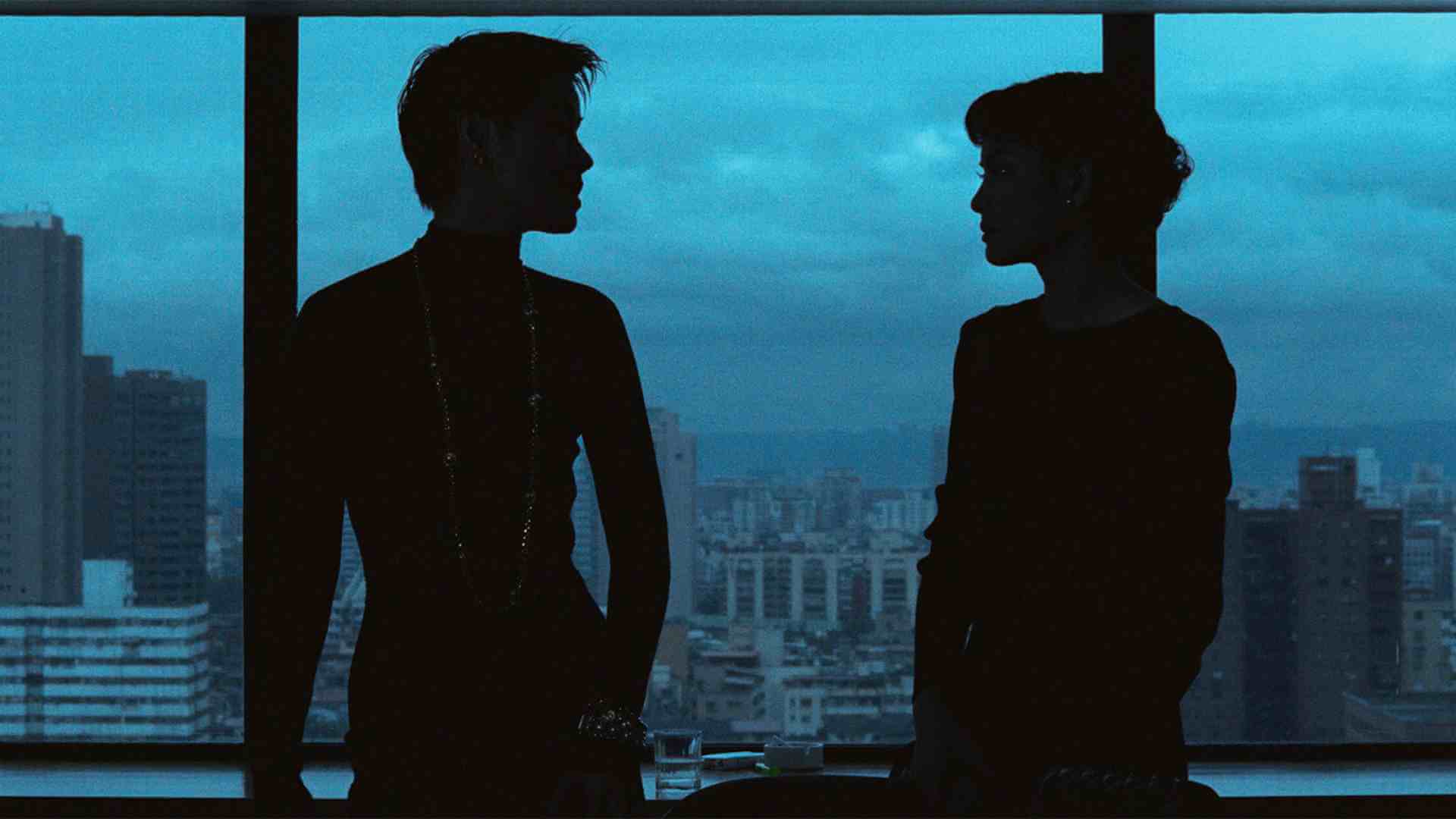Cult Of Criterion: A Confucian Confusion
Taiwanese New Wave staple Edward Yang's first comedy pits three sitcoms' worth of ambitious, horny yuppies against each other.
Photo: The Criterion Collection
In Cult Of Criterion, The A.V. Club highlights a new release from The Criterion Collection each month, examining the films entering an increasingly accessible film canon.
Though best known for his vast and sneakily profound dramas A Brighter Summer Day and Yi Yi, Taiwanese New Wave staple Edward Yang’s first comedy is as sharp and urban as the rest of his brief filmography, with a snarky, vicious cynicism aimed at a group of flailing yuppies. A Confucian Confusion so deeply digs at its vapid corporate ensemble, sexually ping-ponging between one another in pursuit of vague ambitions, material acquisitions, and cultural obligations, that it could be called Taiwanese Psycho. But these chaotic collisions of socially cutthroat Patrick Batemen still possess Yang’s underlying hope, or maybe even expectation, that something sweeter lies beneath all the modern posturing.
Yang’s 1994 film takes place over two days and nights in Taipei, only a few years after the Wild Lily student movement in Taiwan and the Tiananmen Square protests in China, during a time of democratization and the final days of the Four Tigers’ economic boom period. A Confucian Confusion captures this fragile moment, both rapidly changing and dangerously complacent, in a shotgun spread of capitalistic caricatures all shot at Yang’s typical remove.
 Keep scrolling for more great stories.
Keep scrolling for more great stories.
